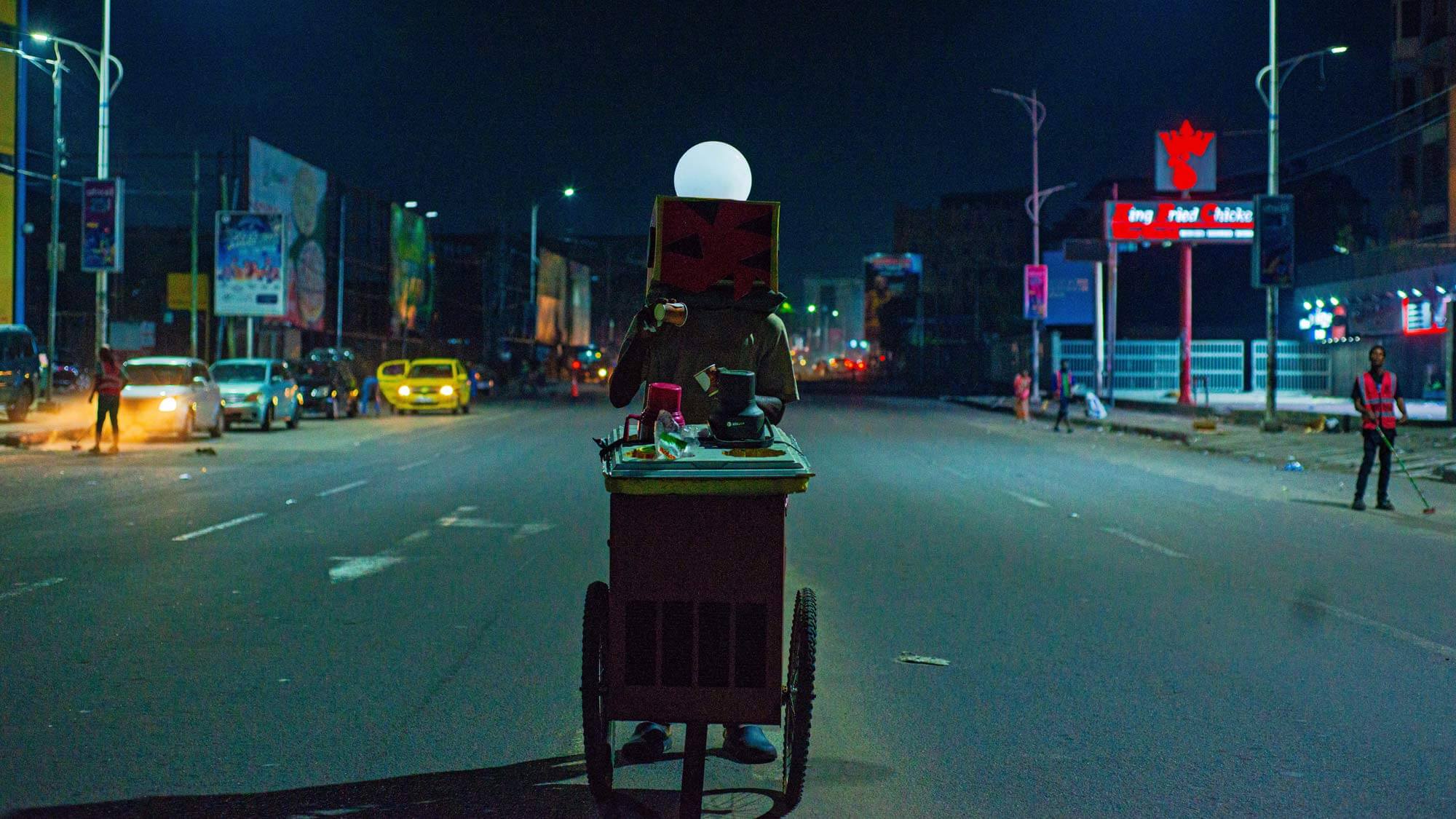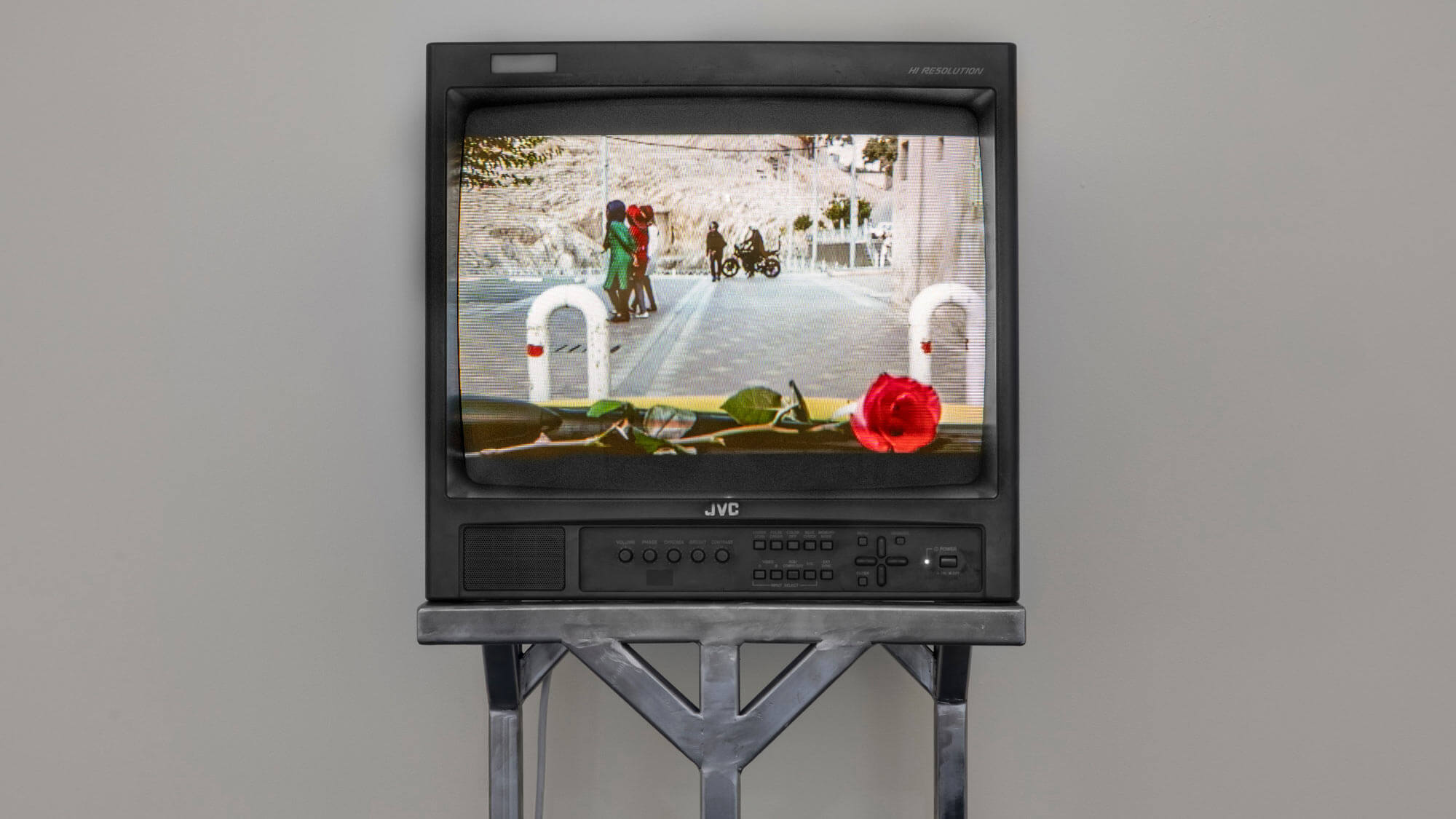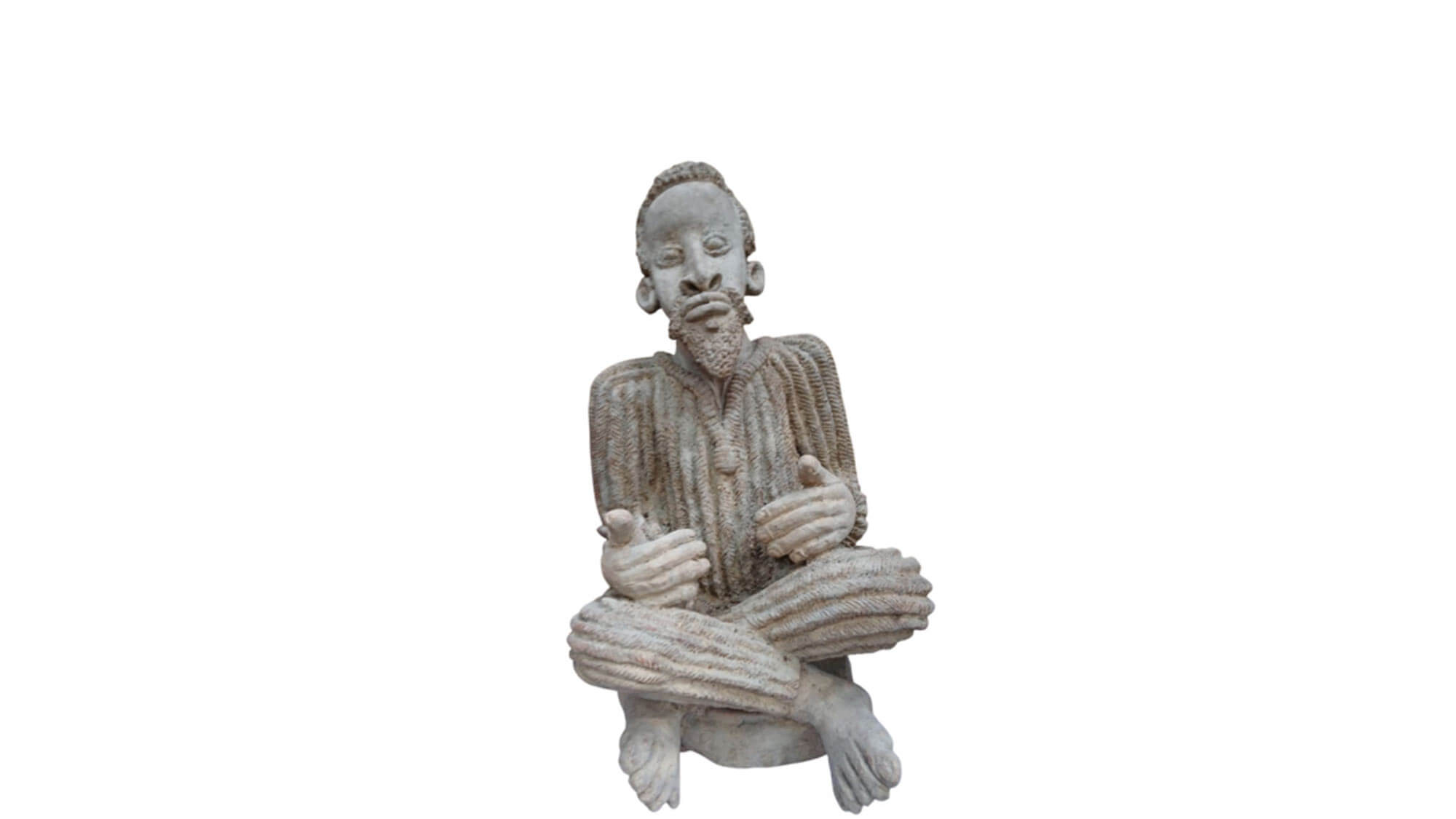

Café Kuba, David Shongo (CD), Photo: David Shongo
Winners 2025
Main Prize
Award of Distinction
-

Fugue
Anet Sandra Açıkgöz (TR)
The video installation Fugue draws inspiration from the Latin word for “escape” and the polyphonic form based on repetition in classical music. It explores confrontation with collective traumas, denial and evasion of responsibility, and the performance of agency through the game of dodgeball.
-

Losing the freedom of choice
Issa Touma (SY) and Art Camping (SY)
Hiba said: my whole generation, 90s kids,are stuck here, escaped the country or dead. It’s a Shame on whoever is making this go on. The project shows the lives of young Syrian women during a sensitive period of the country’s transition from an authoritarian republic to an authoritarian Islamic state.
Honorary Mentions
-

Dear Jafar
Maksym Khodak (UA)
Maksym Khodak resorts to cinema as a tool to overcome political differences. The artist is trying to get in touch with the Iranian director Jafar Panahi by writing him a message, suggesting they create together a film that reflects on the war in Ukraine and the role of Iranian Shahed-136 drones.
-

Dust of the Ancestors – Resisting Through Clay
Oumar Sangho (ML)
A sculptural and performative act of resistance by Malian potter Oumar Sangho, heir to the Djenné-Djenno tradition. In exile, he sculpts figures in clay and documents endangered techniques to resist erasure, reclaim memory, and transmit ancestral knowledge.
-

Friends of Fearness
Marwa Abu Raida (PS)
Friends of Fearness explores the emotional aftermath of conflict through the intertwined lives of three friends. Set between Jerusalem and the U.S., it is a lyrical reflection on fear, exile, and the fragile threads of identity and resistance.
-

Pamalandong sa Danow (Reflection in the Marsh)
Breech Asher Harani (PH)
Amid eco-social challenges and hopes for the future, three childhood friends embark on a lifelong mission to protect and preserve their ancestral land.
-

The Hole Open It
Mariam Ghalayan (AM)
The Hole Open It is a physical and emotional performance exploring trauma held in the female body. Through water, movement, and sound, it confronts memory, pain, and the struggle to reclaim inner strength.
-
![Спомини [Spomyny]](https://ars.electronica.art/stateoftheartist/files/2025/07/header_4_3-spomyny_w740_3131864-sophia-bulgakova-pieter-kers.jpg)
Спомини [Spomyny]
Sophia Bulgakova (UA)
Спомини [Spomyny] is a site-specific sound installation by Ukrainian artist Sophia Bulgakova, created in response to the full-scale invasion of Ukraine. Using insulation pipes and hidden speakers, it reveals layered sonic memories collected from testimonies, field recordings, and media fragments.
Jury Statement 2025
We are living in a time of rupture, emergence, and collapse.
The ground is shifting beneath our feet—politically, ecologically, socially. Systems are breaking down, and new movements rising. This simultaneity—of upheaval (Umbruch), uprising (Aufbruch), and breakdown (Abbruch)—defines the global condition of 2025. Amid multiple crises, the world is re-arming at a historically alarming rate. Investment in military infrastructure, surveillance, and weaponized borders is soaring while peace processes falter, civic freedoms are being eroded, and the scale and frequency of ecological disasters are accelerating. From Gaza to Sudan to Goma, from Ukraine to Myanmar, intolerance and war has become a permanent fixture, not a last resort.
And yet, in the middle of this fractured juncture, art insists on life.
This year, the State of the ART(ist) Award received an extraordinary 506 submissions from 76 countries. The response reflects the growing urgency—and the unyielding determination—of artists to claim spaces in the global conversation. We were struck by the breadth and intensity of the works submitted. We particularly welcomed a new wealth of submissions from across the African continent, showing great talent and humor, and illuminating structural injustices born of colonial legacies, conflict and ecological degradation. A quarter of submissions came from individuals with diverse and intersectional identities, and the overall gender distribution was almost balanced.
The jury encountered works shaped by displacement, censorship, war, and climate collapse, but also courage, solidarity, and imagination. Artists shared not only stories of survival, but radical acts of world-building—developing communal tools, reviving ancestral knowledge, creating safe digital zones, and staging acts of protest that cannot be erased. They reminded us that in many places, to make art is to take great risks.
Although risk was a criteria of eligibility, our task as jurors was to center artistic excellence, rather than biography. And yet, the reality of risk was ever-present. Many submissions were created under surveillance, in exile, or in fragile, rapidly shifting conditions. What we encountered was not merely artwork about danger—it was often art despite of it.
The State of the ART(ist) Initiative stands firmly for freedom of expression and the autonomy of artistic thought. It refuses the logic of collective blame or political scapegoating. The artists selected here are not the agents of governments or systems—they are critical observers, activists, visionaries, and truth-tellers in their own right.
To every artist who shared their work with us, please accept our words of sincere appreciation. Thank you. You have not only given us insight into this turbulent moment, but shown us how resistance, mourning, and dreaming can coexist.
Your voices matter. Your art matters.
Sergio Fontanella, Marita Muukkonen, Ivor Stodolsky, Simon Mraz, Christl Baur
